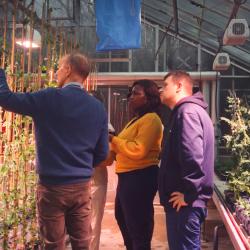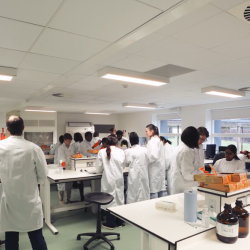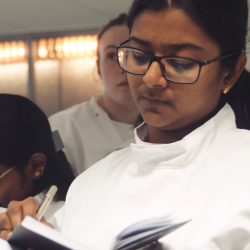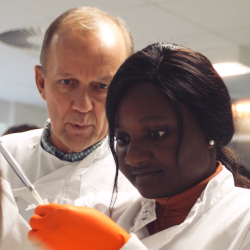One MSc, a world of opportunities
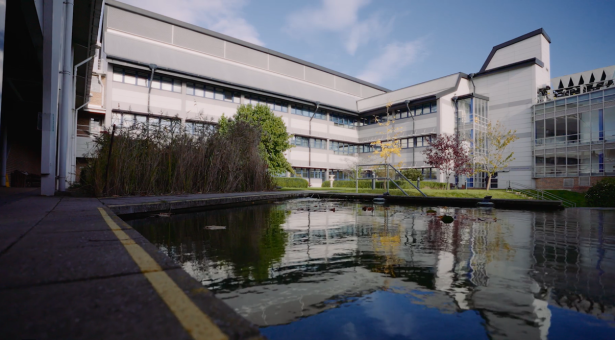
In a modern world facing previously unseen global challenges, such as food security and the need to feed a rapidly growing population, the Plant Genetics and Crop Improvement MSc offers essential training to postgraduate students which allows them to help tackle these issues, either by pursuing a PhD in plant molecular genetics or entering the plant breeding industry.
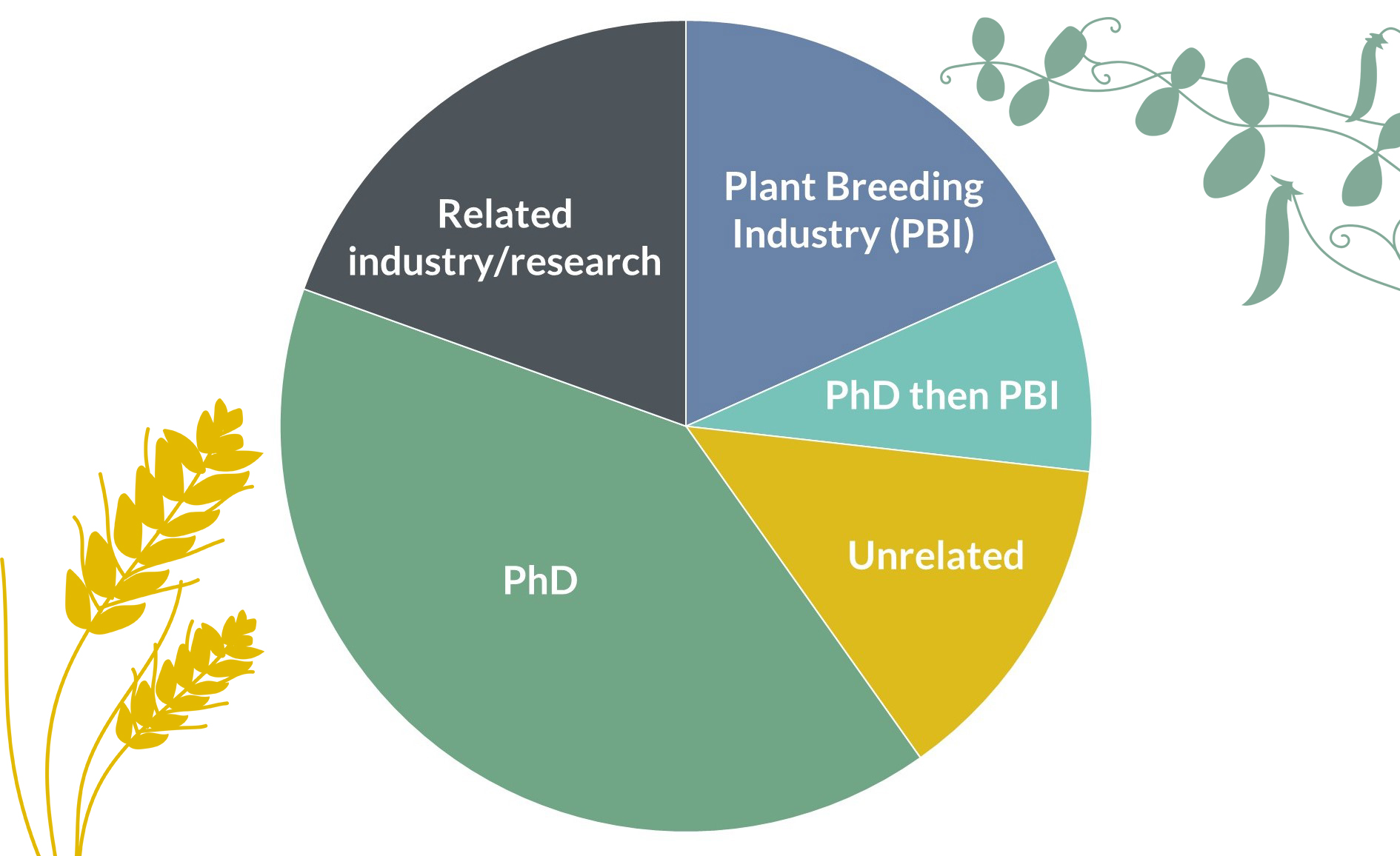
Career paths of Plant Genetics and Crop Improvement (MSc)
But opportunities to make a real difference with their career don’t stop there, as Josh Ball, Next Generation Infrastructure (NGI) Construction Officer proves.
“Prior to starting on the MSc, I had studied Biology at Liverpool John Moores University and took up various research assistant positions at John Innes during my summers as I had an interest in plant science and genetics,” explains Josh, who joined the Plant Genetics and Crop Improvement (MSc) in 2015.
“Once I completed my undergraduate studies, I worked for Dr Rachel Wells as a research assistant which is when I learnt about the MSc and was encouraged to apply.”
With a new intake in late September each year, applications are invited from both UK and international students with a Bachelors degree 2:1 or equivalent in Biological Sciences or Plant Biology.
The one-year MSc course is awarded by the University of East Anglia but delivered exclusively by the John Innes Centre, with significant input from the UK plant breeding industry. This provides students with the same access to student services and support as other UEA students, but with the advantage of unique real-workplace experience from the start of the degree.
In addition to core taught models, students undertake a six-month laboratory-based research project under the supervision of a senior scientist at the John Innes Centre or fellow Norwich Research Park institutes, the Earlham Institute or The Sainsbury Laboratory.
“I had a really great time on the course,” says Josh. “I enjoyed the breadth of topics and further increasing my knowledge in the field, and it was great to meet other students interested in plant sciences.
“My favourite part was completing a research project with one of the groups at John Innes, which focused on arbuscular mycorrhizal fungi (AMF) symbiosis in lupins. It was great to take charge on a piece of work and it introduced me to the field of bioinformatics.
“Overall, the course gave me a wealth of transferrable skills and knowledge to help me move forward with my career, first into further study in bioinformatics, and then on to working at the Earlham Institute.”
However, the MSc didn’t limit Josh to a career solely in research.
“From there I knew I wanted to contribute to the advancement of science in a different way and I decided to shift into more of a project management role, which has led me to my current position,” comments Josh, who re-joined the John Innes Centre as a Construction Officer in April 2024.
Josh is currently working as part of the team on the Next Generation Infrastructure (NGI) programme, an exciting project funded by UKRI designed to transform and expand the science capabilities at the John Innes Centre and The Sainsbury Laboratory over the next few years. You can find out more about the Next Generation Infrastructure programme here.
“I hope that my experience and knowledge of the ongoing research at Norwich Research Park, which I acquired through the MSc and the varied experiences and opportunities it has opened up for me since, will be beneficial to the work we are doing in delivering world class facilities for the staff here.”
Apply today for the Plant Genetics and Crop Improvement (MSc) here: https://www.jic.ac.uk/training-careers/postgraduate-opportunities/plant-genetics-crop-improvement/
Josh Ball, NGI Construction Officer



